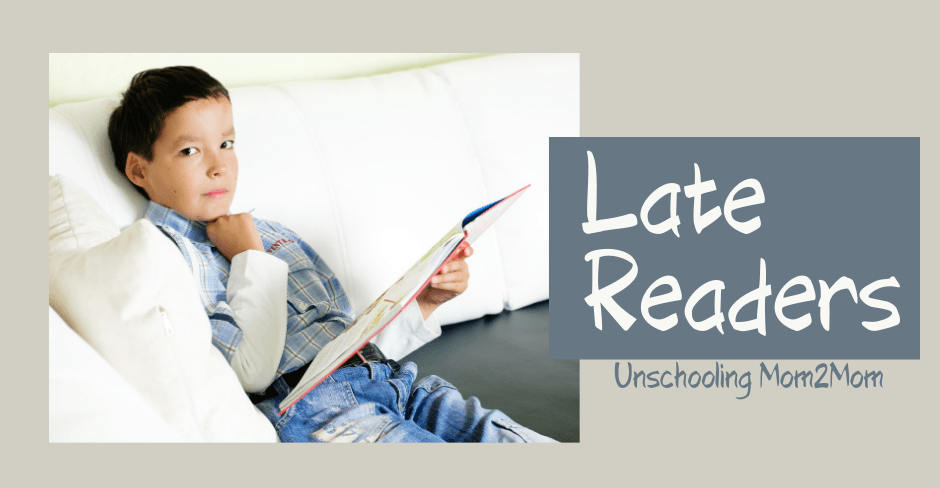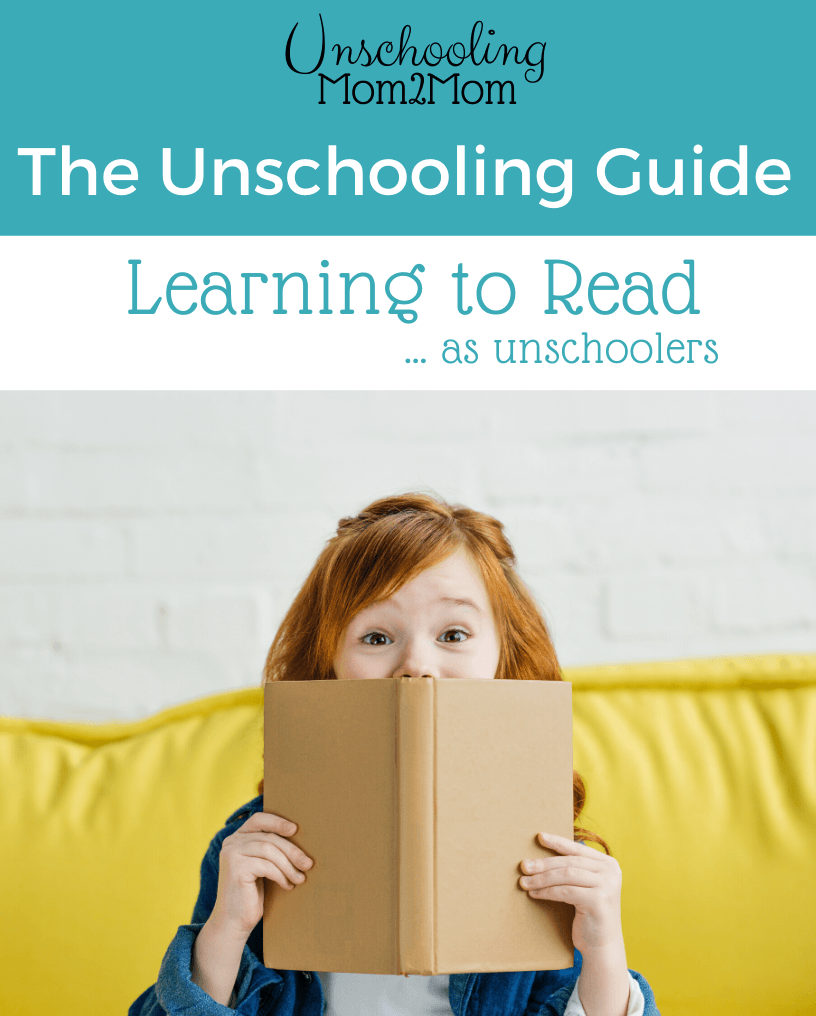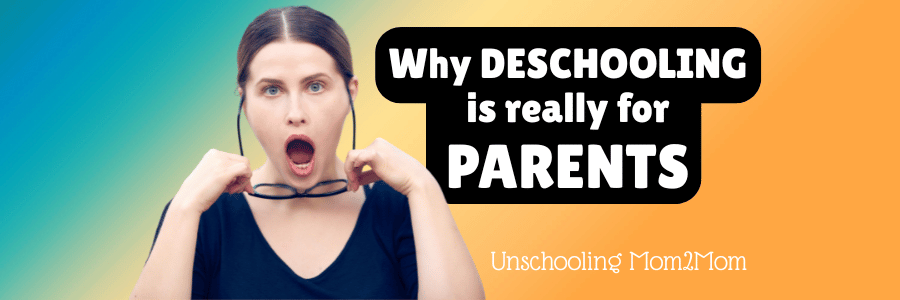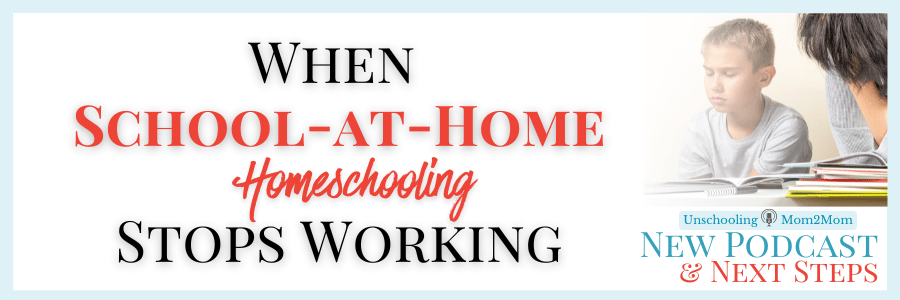Several years ago, we put out a call for unschoolers to share what the road to reading looked like in their homes.
Paula Sjogerman shared what happened in her family in the hopes of helping others who may have similar scenarios.
It’s hard to step out of cultural norms.
Homeschooling, while more accepted these days, is one of those steps.
Unschooling is a giant step past that.
And when your kid is a “late” reader and you are okay with it, you’ve really crossed the line.
It never occurred to me that my children would not be the same kind of omnivorous readers their father and I are. When my first child started reading at the age of six, I thought that was pushing the boundary of what was right. Then, my second child did not read at six, or eight, or ten. But by then, I had become a better unschooler,and I was totally completely sure that it would all work out.
And it did!
Mid-way through his 11th year, he began reading, picking right up at the same level with most excellent readers his age. This could have all gone smoothly and happily - if we had lived in an isolated farmhouse with no television and no friends. But we live in a big city with tons of friends, some of whom went to school, and we love media of all kinds.
It’s impossible to escape the message that if you’re not reading, you’re dumb.
The sooner you read, the smarter you are.
So, when people say, “that must have been hard,”
I have to reply, “yes, it was.” It was really hard for my kid.
Even with a super supportive family and homeschooling group, he was bombarded by messages, both implicit and explicit, that he was deficient. He wanted to read so much, but he just wasn’t ready.
Now, way on the other side (he just turned 21), both of us would say it was worth it.
Learning to read was totally HIS, and he still loves to read.
I also believe that he gained some advantages this way. Without his nose buried in a book, he continued to look around at the world and hone his powers of observation. Because he wasn’t reading, he memorized - before rehearsals started! - the parts of Puck and Sir Toby Belch so as to not be embarrassed in our theater group.
From a Parenting Perspective
Letting his journey to literacy unfold naturally was also good for me.
It made me pay very close attention to each tiny step along the way.
It challenged me to stay true to my convictions about how humans learn.
It helped teach me patience.
Most importantly, I did not let the pressure spoil our relationship.
We continued to read aloud, talk about the ideas in books, have fun with wordplay, and never let the idea that he was somehow failing enter into our lives.
Now I have an adult child who likes books and still likes me.












